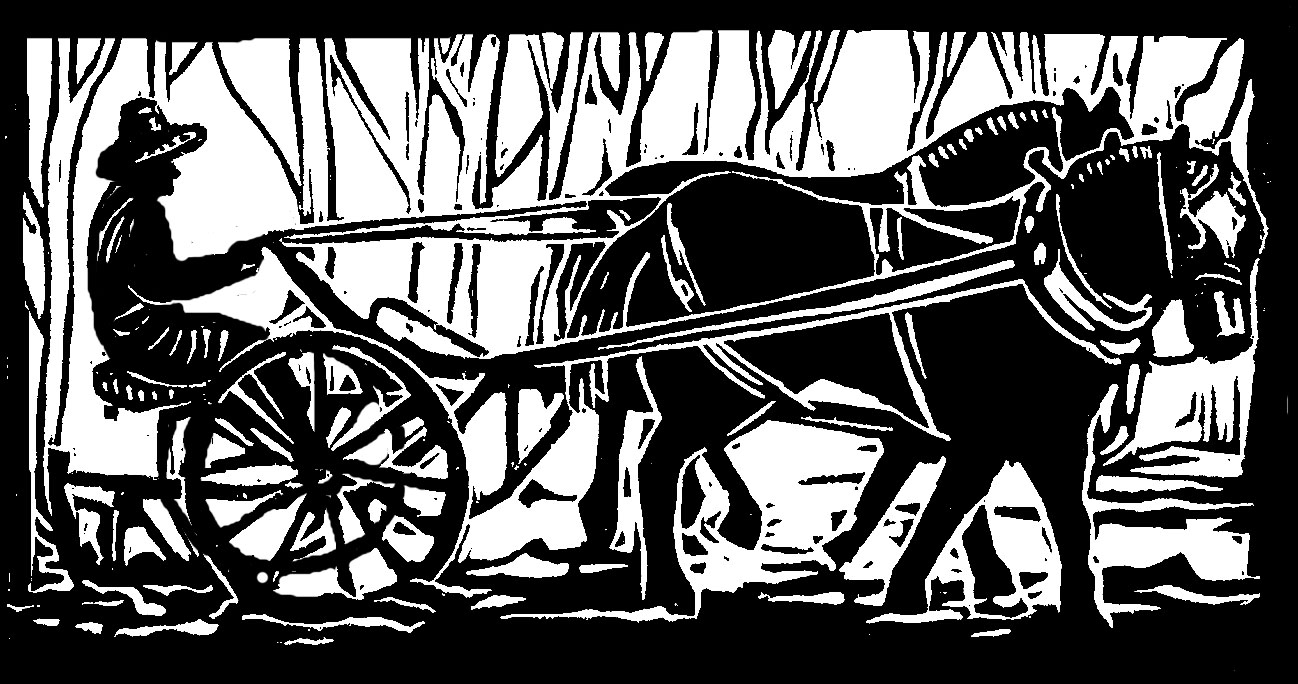Recently we farmers hosted a birding event. We prepared by reading our bird notebook, with its twenty years of birds we’ve identified here on the farm. Plus there are records of early frosts, and July hail, and lots of animal sightings.
“Remember the loon flying overhead?” we said. “Remember the bobcat? Remember the first time we saw the pileated woodpecker? Remember the bear, and the moose? Remember the yellow-rumped myrtle warbler by the pond?”
We are amateur birders at best, but we had a pretty good list to read to our visitors, in case there weren’t any real birds out and about at the end of January. Plus we had our mammal and amphibian lists: even more diversion for birders not seeing birds.
The event, sponsored by the Cheshire and Windham County Conservation Districts, attracted a good group. We had the farmers, the conservationists, and experienced and brand-new birders, coming from Vermont and New Hampshire.
Now birders are a pleasant, interested, interesting people. Individually, they are eager to tell you their birding stories and to listen to your farm stories. Collectively, they are a bit more peculiar.
But we had been warned: in the middle of the most fascinating remarks on small sustainable farming and its wonderful effects on bird populations and diversity, suddenly one birder would point at the sky, and the whole group would swing up their binoculars and turn as one to gaze at a tiny flying speck. Then there would be a long pregnant pause, followed by a spirited discussion of the speck. Then the crowd would turn smiling back to the farmer or conservationist that had been mid-speech.
There was only one point during the tour that there were no arms pointing or binoculars lifted. That was when we visited four really big birds in the barnyard: four draft horses, two of which ambled over for petting, and two of which kept eating their morning hay.
After we talked about our nice horses and our nice heavy use protection area grant in the barnyard, we went on to the garden. Suddenly the birders were all a-twitter! There were red crossbills, calling and flying! The farmers were all a-twitter too: we had never seen or knowingly heard a crossbill on our farm!
There was an evening grosbeak on top of a pine tree, a beautiful golden bird that sometimes visits our bird feeder, and who was a first for some of the birders. There were two red-tailed hawks. There were purple finches, New Hampshire’s state bird. By then some of the birders were in bird-list bliss.
At each stopping point we farmers told a bird story: the red-tailed hawk that had gotten caught in our former mesh garden fence, and how glad we were to set it free, and how glad we were for another conservation grant that allowed us to put up a metal fence that didn’t catch birds. All the birders nodded happily.
We talked about how birds benefit from the farm’s crop diversity, mulch, cover-crops, and low-till agriculture. We mentioned the tree swallows’ lovely liquid call as they swoop around our garden catching bugs. We pointed to all the wild, bird-friendly edges of the garden.
We went on to the pond, the mushroom yard, and the fields, where the birders showed their mammal mettle by identifying possum, rabbit, and deer tracks. We talked about pasture conservation projects, and one birder said maybe we could see flocks of nightjars migrating if we stood on the edge of our biggest field at dusk in September.
We liked that idea, especially since the only nightjar we’ve heard on our farm was identified by a visitor. We’re not even sure that hearing a bird counts for your bird list, but as I say, we are amateur birders, so we’ll take everything we can get. That day we got 18 different species, and we got a nice bunch of birders on a warmish day in January, loving birds and loving farms.
Originally published in the Monadnock Shopper News, Feb 7 - Feb 13, 2024
